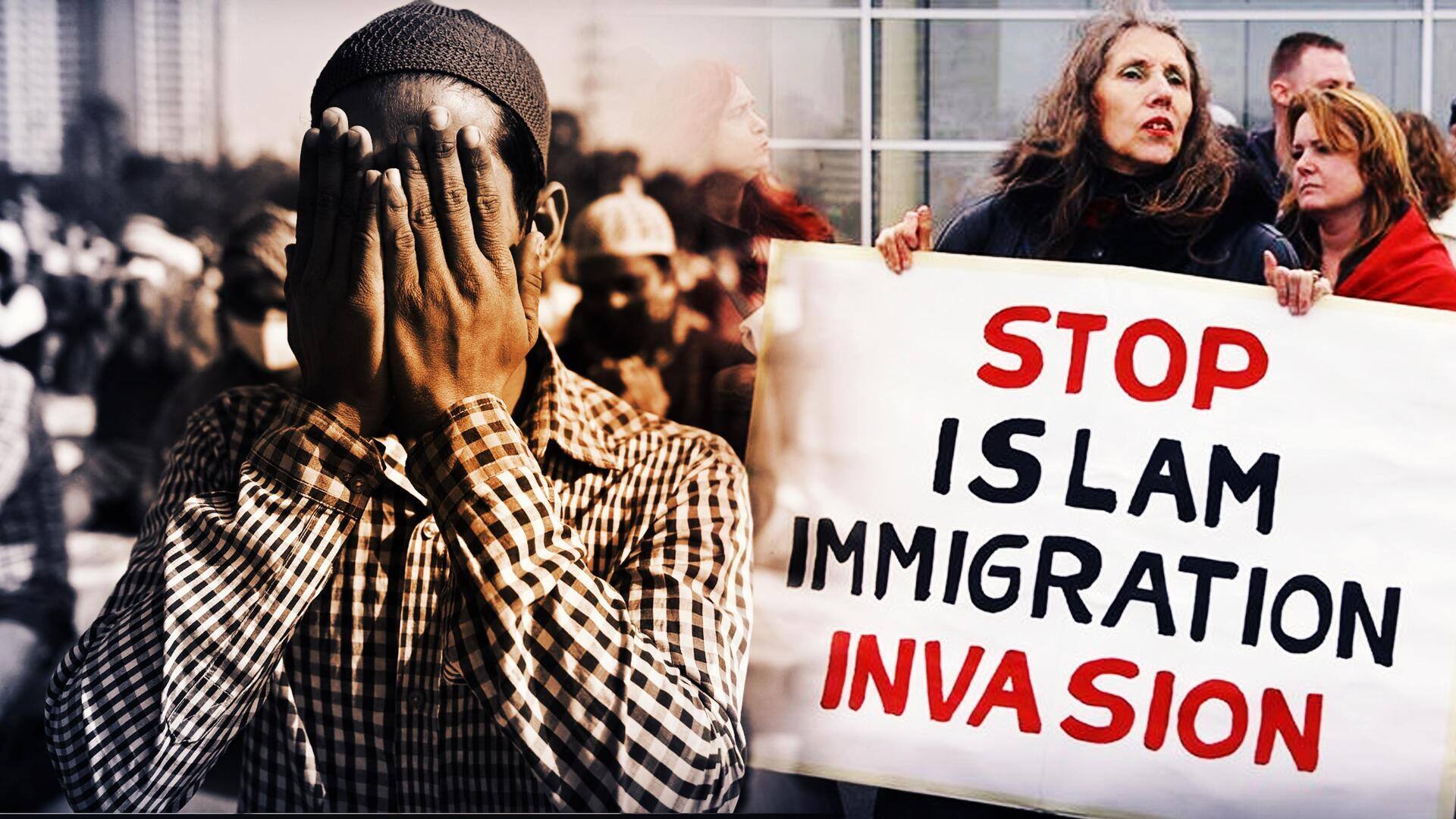
Muslims in Europe experiencing 'worrying surge' in racism: Survey
What's the story
A recent survey conducted by the European Union Agency for Fundamental Rights (FRA) has highlighted a sharp increase in racism against Muslims across Europe. The study, which surveyed 9,600 Muslims across 13 EU member states, found that nearly half of the respondents had faced discrimination recently. The FRA attributed the increase to "dehumanizing anti-Muslim rhetoric" and continuing Middle Eastern conflicts.
Escalating discrimination
Anti-Muslim incidents rise following Middle Eastern conflicts
Though the survey was conducted prior to the October 2023 Hamas attacks on Israel, the data that followed shows that anti-Muslim incidents have only risen. "We are witnessing a worrying surge in racism and discrimination against Muslims in Europe," said the agency's director, Sirpa Rautio. In the wake of the Middle Eastern conflicts, hate crimes against Muslim and Jewish communities surged, including an attempted arson at a Berlin synagogue.
National trends
Discrimination rates soar in Austria and Germany
The FRA survey also revealed that 47% of Muslims faced racism between 2017 and 2022, a sharp increase from 39% in 2016. "The situation of Muslims is getting worse," Vida Beresneviciute, co-author of the survey, said. Discrimination rates were especially high in Austria and Germany, where 71% and 68% of Muslims respectively reported recent experiences of racism.
Socioeconomic impact
Job market and housing discrimination affect Muslims
Discrimination was rife in every facet of life for Muslims in Europe. In the job market, 39% were discriminated against, with many employed in jobs they were overqualified for. Housing discrimination impacted 35% of respondents, up from 22% in 2016. These problems lead to higher poverty rates and overcrowded living conditions among Muslims.
Vulnerable groups
Young Muslims and women face significant challenges
The survey also underscored that young Muslims are not having it easy. More than half of those born in Europe faced racial discrimination while looking for jobs. Women donning religious clothing faced even higher discrimination, especially those aged 16 to 24. Despite these shocking numbers, only a small percentage (6%) found it worth reporting incidents of discrimination.